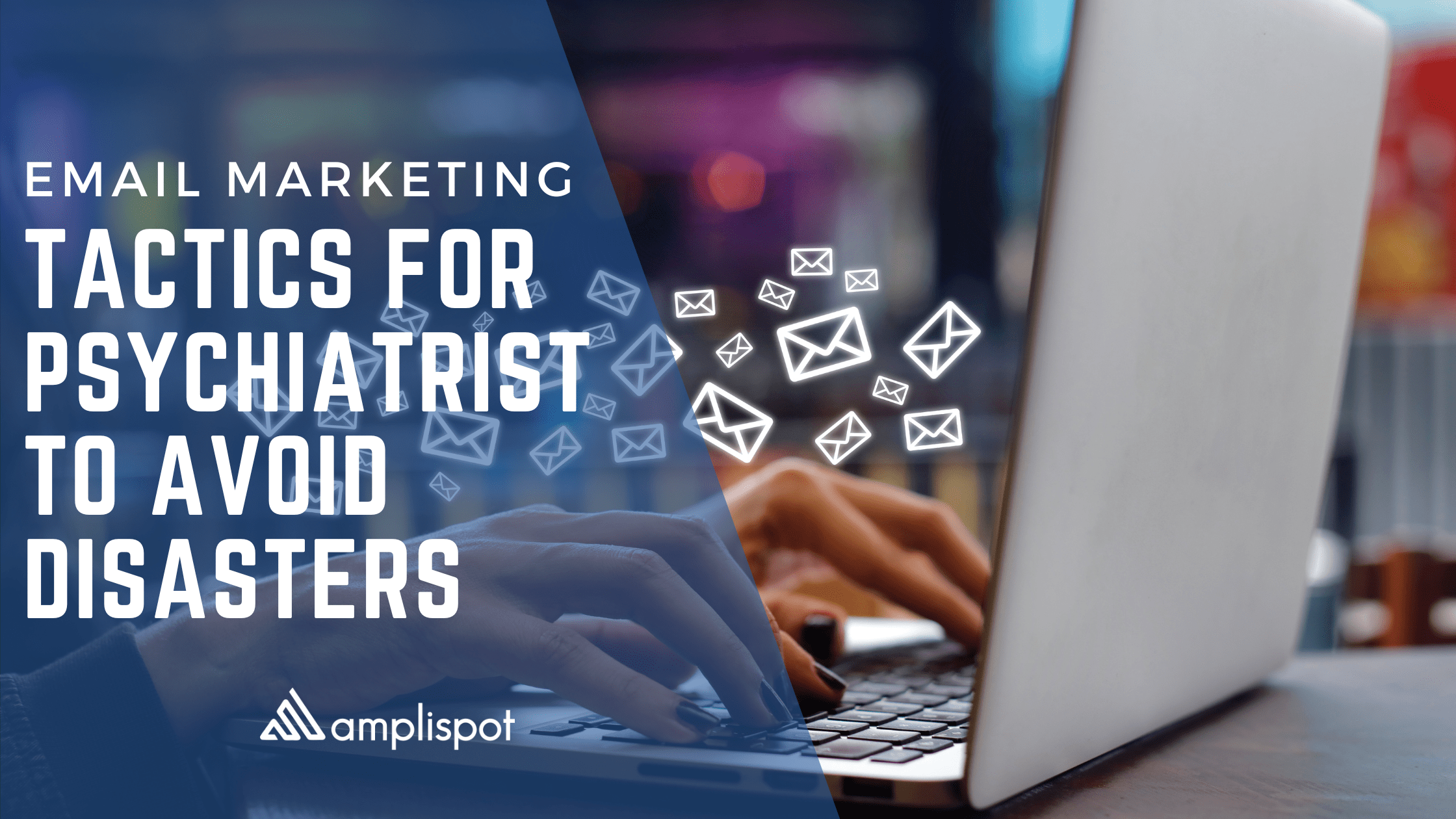For your mental health business to succeed, your customers’ best interests must be at the center of your sales strategy. To better understand and appeal to your target audience, it’s essential to understand how human brains work. This is when science-based selling comes into play.
Leading mental health professionals to employ science-based selling, a selling approach backed up by research. This selling method incorporates neuroscience, behavioral economics, and psychology into your plan for better outcomes. In addition, we’re here to help you figure out how to apply psychology in your email marketing campaigns.
It’s critical to understand human psychology to improve your sales techniques. That’s why we’ve compiled a list of the top eight psychological tactics you should incorporate into your email campaign to avoid mistakes.
Personalization
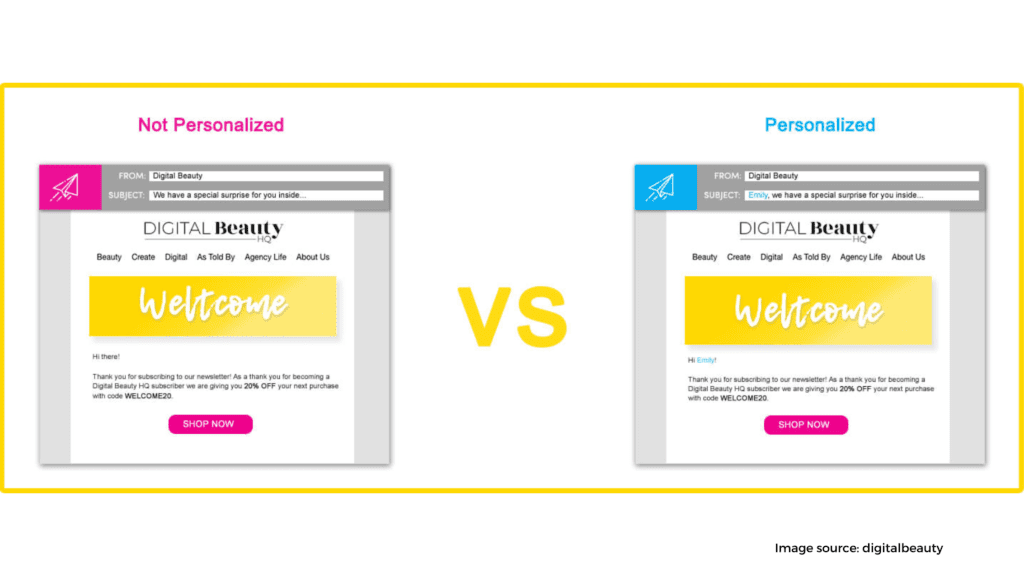
Email personalization is a big help in boosting sales. Did you know that 98 percent of marketers believe personalization to be important in enhancing customer satisfaction? While 90% of consumers find marketing personalization to be very or somewhat appealing, almost all (98%) respondents cited it as a critical benefit for improved business results.
Many psychiatrist professionals have discovered the advantages of customizing their marketing or sales methods. However, not all of them know that personalization has a lot to do with our brain’s function. Let’s look at why this is so.
We enjoy receiving individual messages as humans. Selective attention is to blame for this. The hypothesis states that when we concentrate on a specific thing (such as a discussion or an email), we tend to tune out everything else. On the other hand, some terms can break through the background noise and take center stage.
So, what role does the Cocktail Party Effect play in boosting sales? Given the evidence, it’s clear that many specialists employ customers’ names to get their attention and personalize their message. Something as simple as referring to someone by name has the potential to make your consumers feel more valued. As a result, your company will be more popular among
Consistency
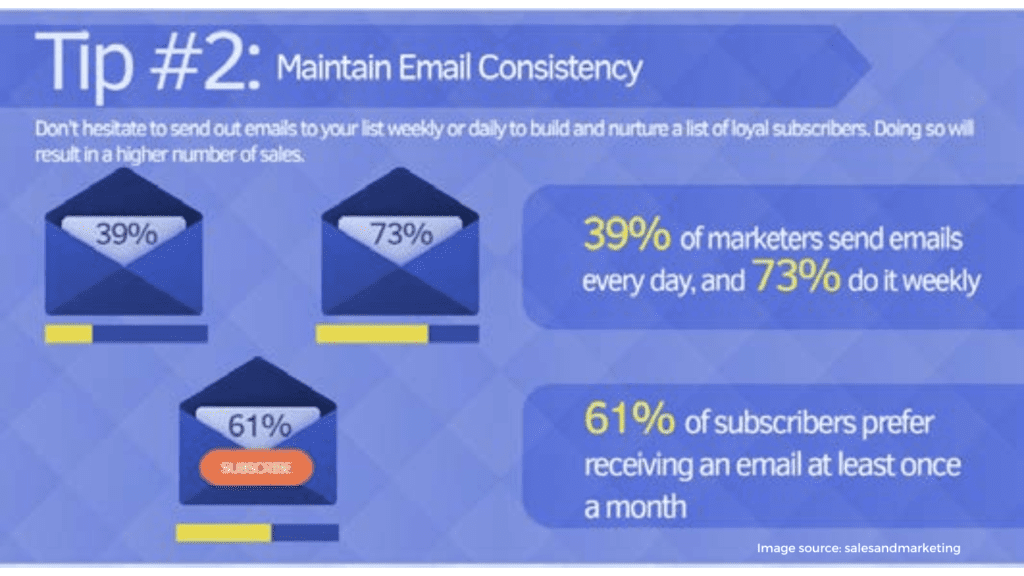
Another psychological tactic that may be used in your email marketing for psychiatrists is the following. What exactly happens? If you repeat the same idea (for example, an image, word, phrase, or symbol) over time, your consumers will unconsciously remember it. Consistent reiterations aid memory and link the messages you offer to your mental health company.
Send personalized emails using similar ideas, visuals, and tone of voice. Your receivers will be able to associate these concepts with your brand because of this. When you repeat the same idea over and over, it’ll become etched in the long-term memory of your audience.
Pro tip :
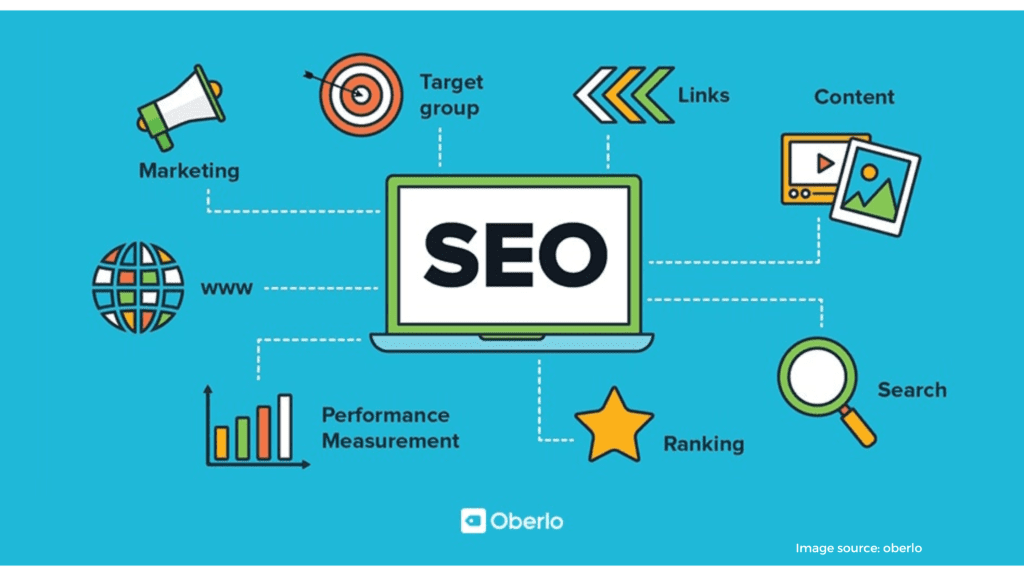
Using search engine optimization (SEO) on your psychotherapy site might increase the number of people who visit it. Enhancing a website’s ranking in search results for relevant keywords and phrases is known as SEO. The aim is for your website to appear on the top page of results when people perform searches on Google, Bing, or other search engines.
A foot-in-the-door technique
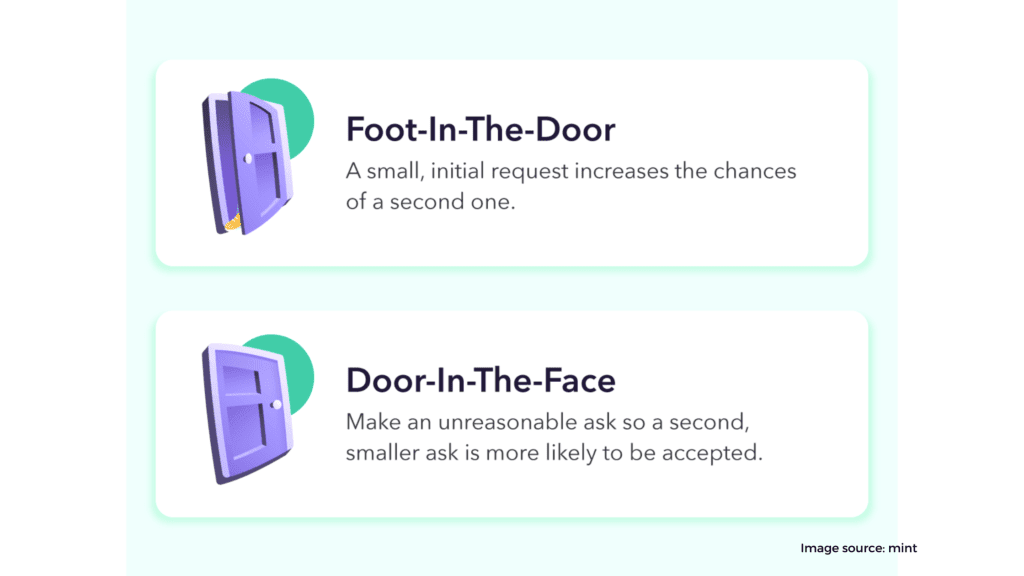
Even though door-to-door selling has been replaced by digital marketing, some techniques remain prevalent today. Have you heard of the foot-in-the-door process (FITD)? It’s a compliance method based on the notion of making tiny but continuous demands to get someone to agree to a more comprehensive proposal. You might begin with a little question (such as which product your prospects prefer). If potential customers decide to perform modest activities, they are more likely to accept the more significant intended request (such as providing their email or making a purchase).
The term “compliance” was coined by researchers from Stanford University in the 1960s. They conducted a study to see what makes people comply with something they would instead not do. First, they asked a group of participants to make a modest request over the phone (asking them to describe their household cleaning products).
Subjects decided to allow researchers into their homes, and you’ll be startled to learn that they agreed. Issues who accepted the first request were 135 percent more likely to take the larger one than those in the control group.
Researchers have investigated this phenomenon repeatedly, and all of their findings point to the fact that it works. According to psychologists, our willingness to accept suggestions appears to be less complicated than opposing them. In other words, when we comply, we merely avoid unpleasant conflict.
Storytelling
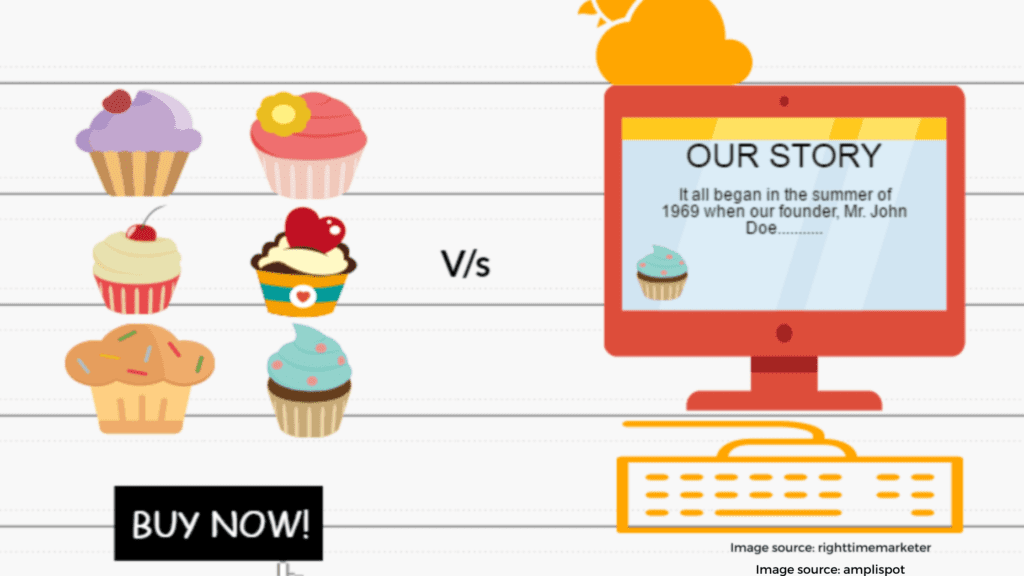
Our urge to hear tales reflects an essential human desire to comprehend life’s patterns. Furthermore, hearing a story has a significant influence on our brains. When we hear a fantastic narrative, our attention shifts, we remember more, and we become more emotional. Our brain reacts to characters in a story the way it does to actual individuals in real life.
When we hear a narrative about something adorable and appealing (such as puppies), our brain produces oxytocin, a feel-good hormone that makes us feel compassion and empathy. In addition, our limbic system (our brain’s reward system) releases dopamine as a happy ending to an account that activates the release of this neurotransmitter, which makes us feel optimistic.
Given the email database, it’s no surprise that so many firms utilize storytelling in their email marketing campaign for increased customer interaction and sales growth.
Create stories to describe your products and the path they took from a few ideas to the hands of consumers. Amazon, for example, does a fantastic job telling the tale of how items reach their clients. They also utilized social media advertising to more prospective clients that couldn’t be achieved through organic posts.
Simple solutions
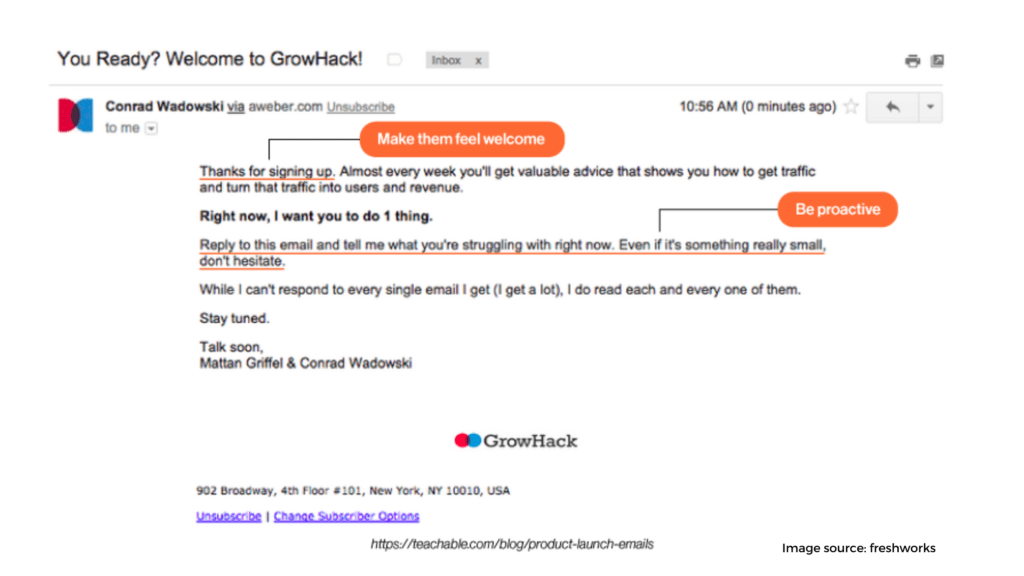
The ‘simple answer’ persuasion strategy employs easy solutions to challenging issues. This technique works because people seek to avoid anxiety at all costs. What is the most common cause of worry? You guessed it: our difficulties. So, when you offer your solution, you provide comfort and hope for an answer.
When creating your emails, stress how simple, quick, and beneficial your solution is. Also, explain how relieved they will be when you address their pain points. Finally, emphasize that you’ve already done the legwork, so your customers don’t have to worry about it.
It must be brimming with the wonder of simple answers for your email campaign to succeed. It must make your subscribers feel as though all they have to do is click the magic button, and their difficulties will disappear.
Social proof and peer pressure
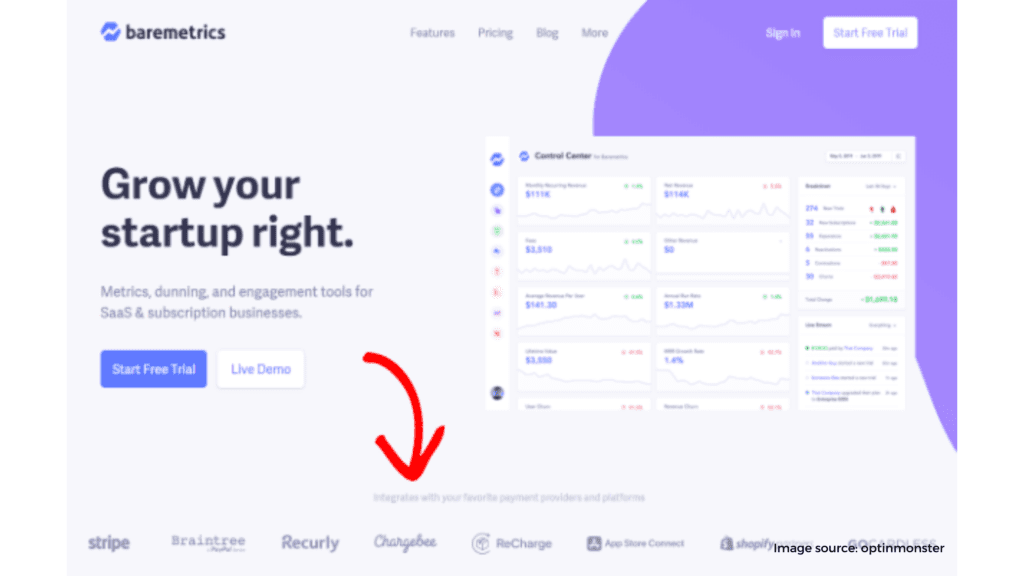
Social Proof Theory is a psychological theory that suggests that someone who doesn’t know how to act in an uncertain situation will look at other people to figure out what they’re doing. In other words, humans rely on social proof to validate their actions’ validity and social acceptability. What this implies for you is that you may use social proof to attract prospective patients.
The most frequent sort of social proof utilized by email marketers is customer testimonies and reviews. When someone but your salespeople deliver your sales message, it’s more appealing. In addition, prospects are seen as trustworthy and dependable because they don’t perceive your consumers as salespeople. That’s why it’s critical to include client testimonials and reviews in your email.
Specials
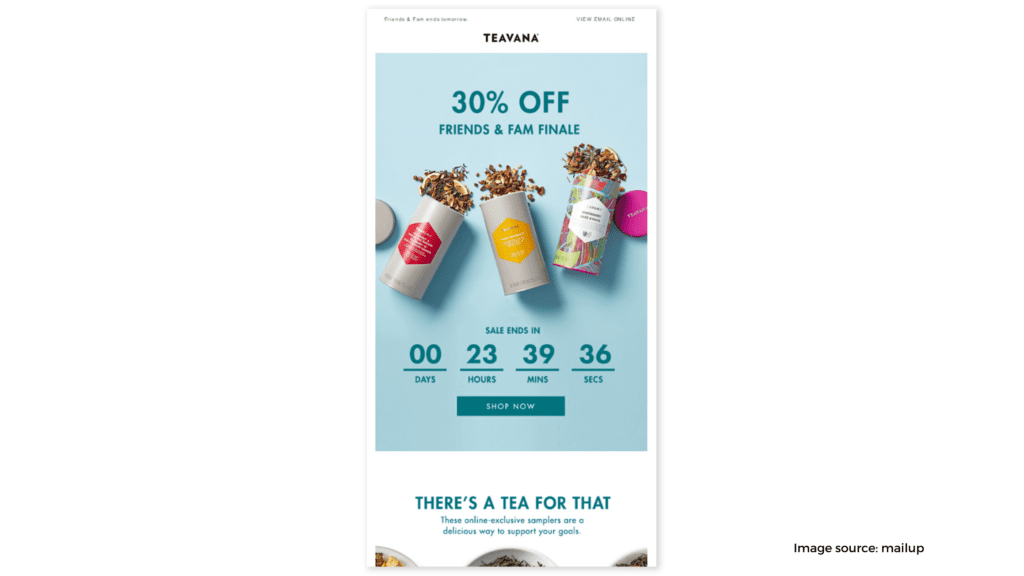
Specials are a powerful form of persuasion frequently used to increase sales. Specials aim to persuade prospects with incentives in exchange for something. Specials are anything else and free in the email marketing battle. Here are some examples of specials:
- Sweepstakes
- Special offers
- Coupons
- Contests
- Savings
- Discounts
Furthermore, you may use your free material as a form of bribery. Invite your current and past clients to read through your blog articles, films, or infographics using email. To be effective, content must be well-written and supported by evidence. Using specialized services like a grammar checker and company writing service will guarantee that the quality of your content pieces is top quality.
Pro tip :
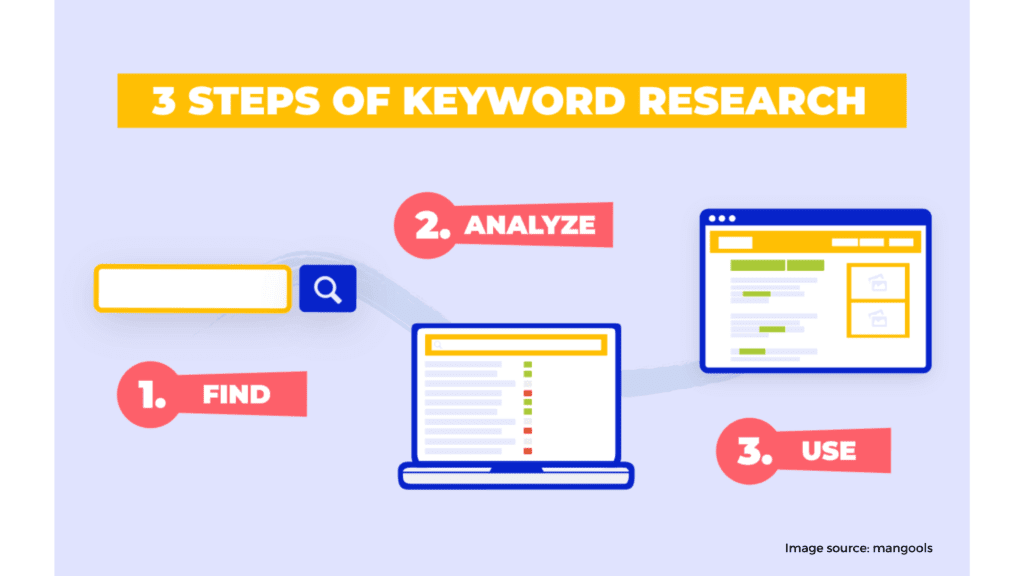
When you do keyword research, you’ll learn a lot about the term’s value. You may determine a reasonable bid for that term. The quality of your ad will be determined by factors like how closely it corresponds to the keyword and how many people click on it (CTR).
Group dynamics
Group dynamics is a type of persuasion that exploits a sense of togetherness and camaraderie. People may be swept away by the sensation of belonging to a shared community. When politicians address their supporters in person during campaign events, they’re applying the group dynamics idea. So how can you use the same strategy that helped presidents get into office in your email campaign?
Use vital phrases (such as we, us, our) to create a sense of togetherness while drafting your email. Customer testimonies are also influential community builders. Appeal to common beliefs and experiences when constructing your email tales.
The majority belief principle, also known as group dynamics theory, holds that if the majority of people believe something, it must be true. That’s why polls and survey results are so popular among content producers and marketers.
Conclusion
Email success is an essential element of any psychiatry practice. You may offer them vital information that they are looking for. You establish yourself as a specialist in your field when you share your expertise. People will trust you if you appear to be a knowledgeable psychiatrist. They’ll feel secure about visiting your private practice for mental health services. These eight psychological methods can help healthcare providers improve their email efforts and increase revenues.

